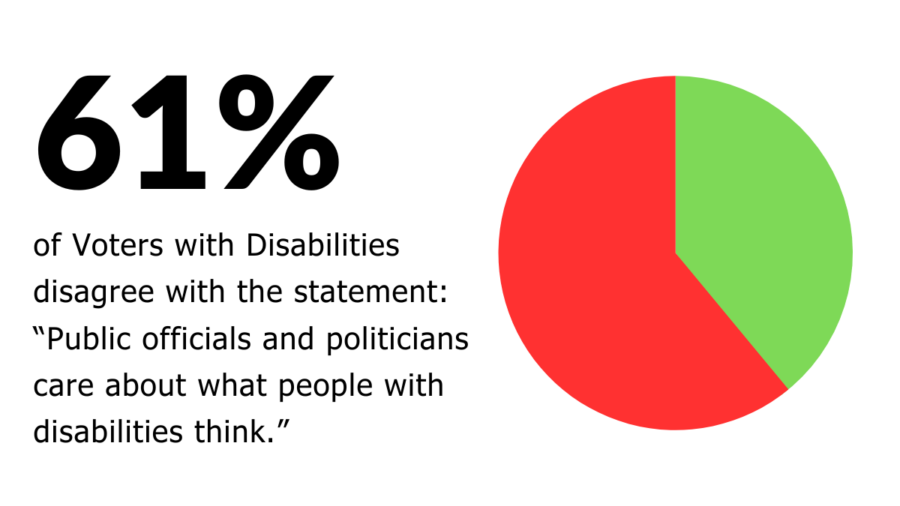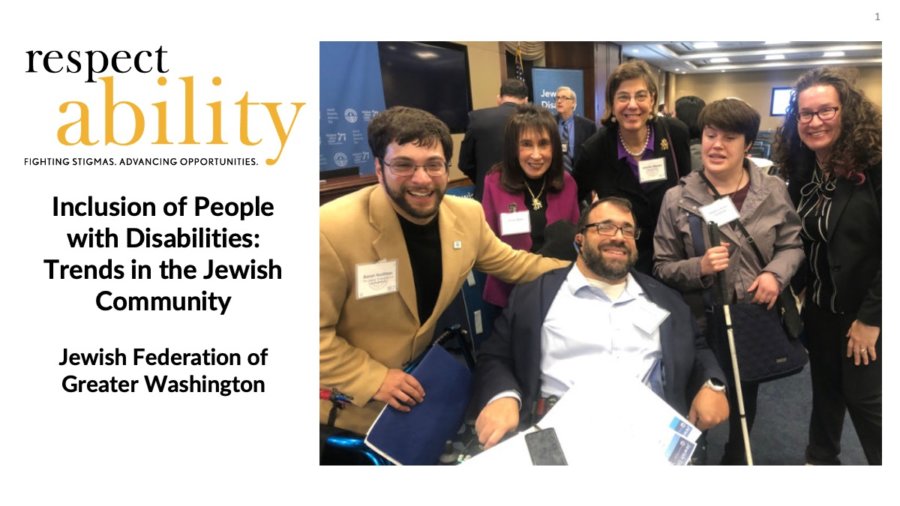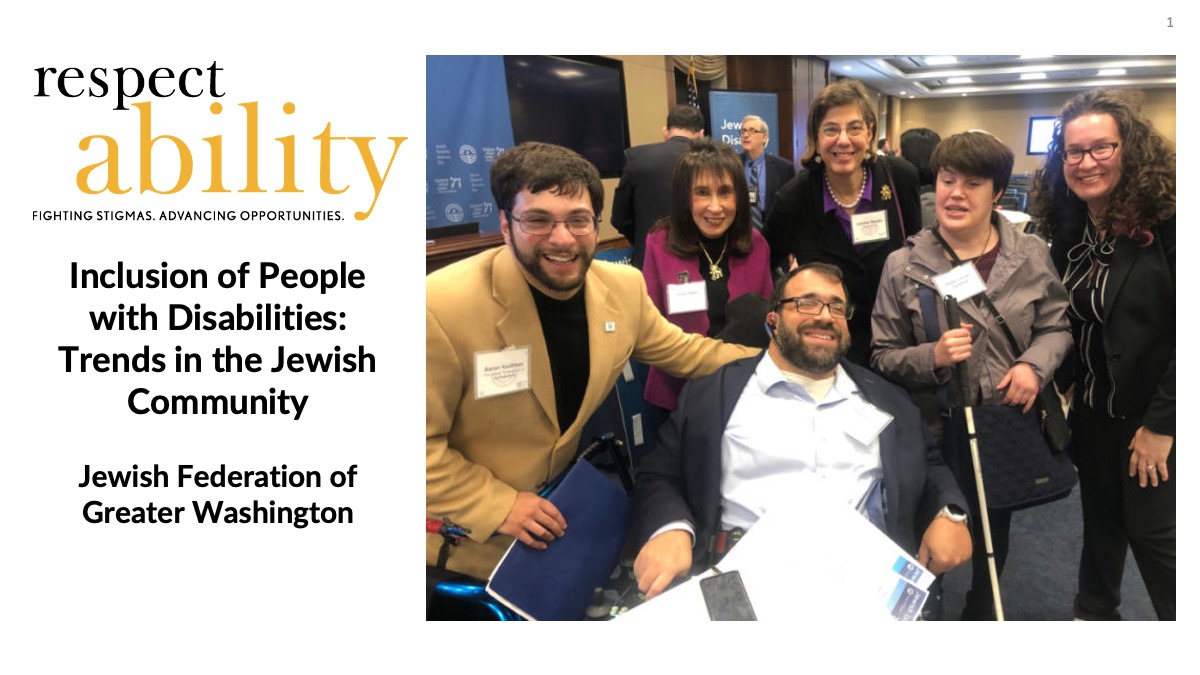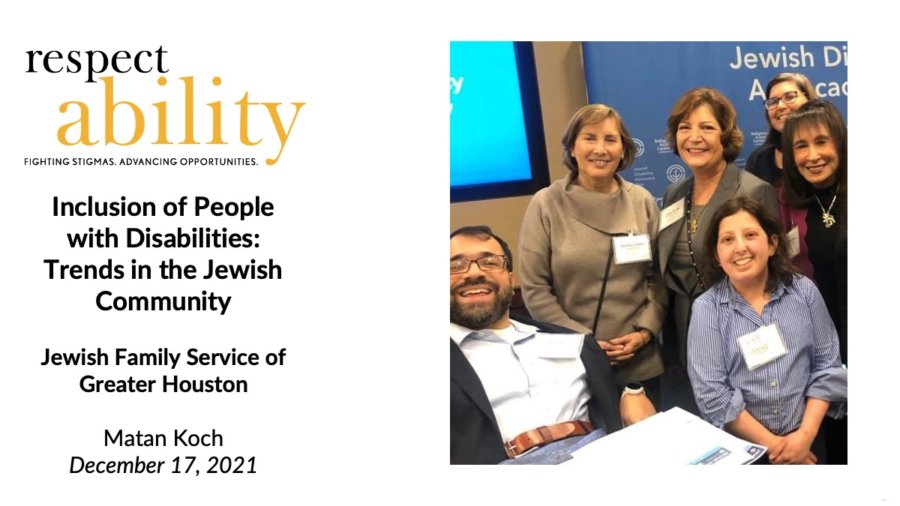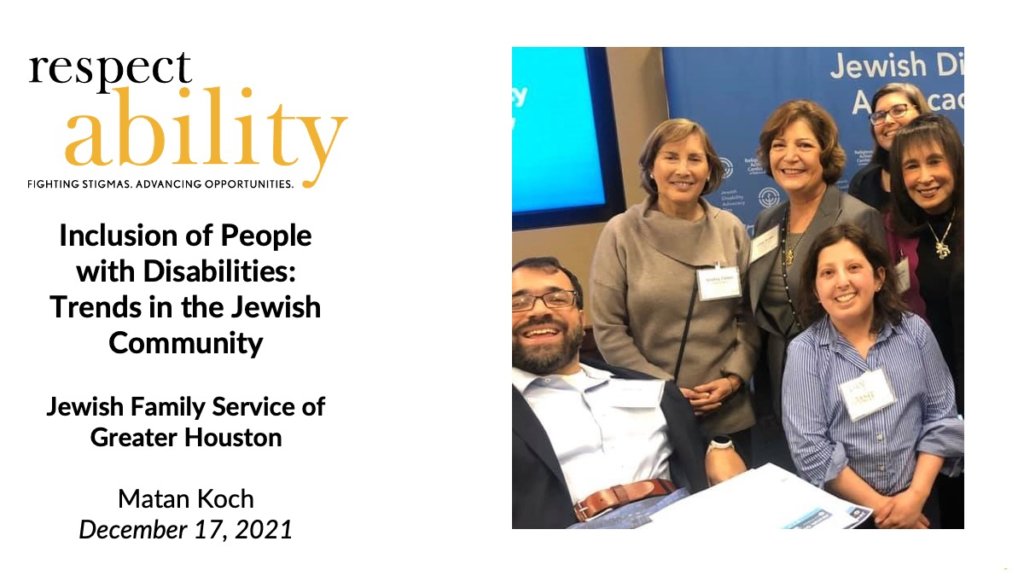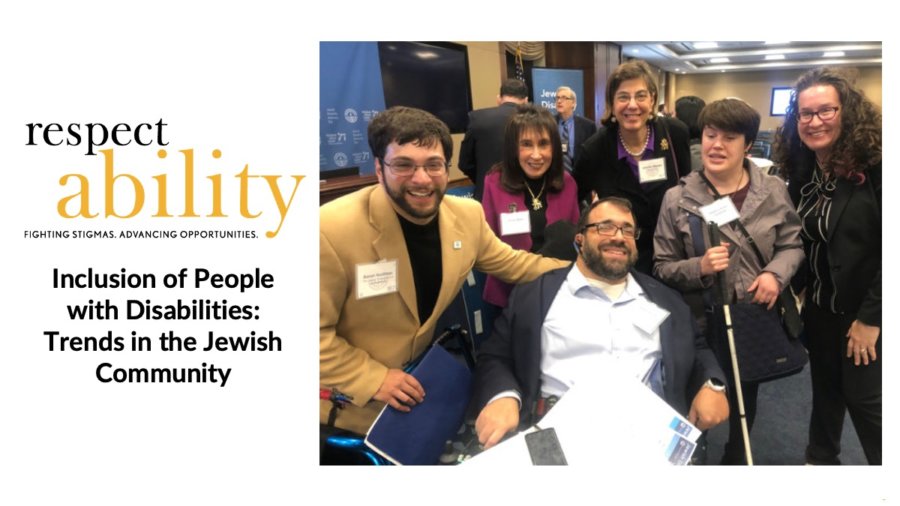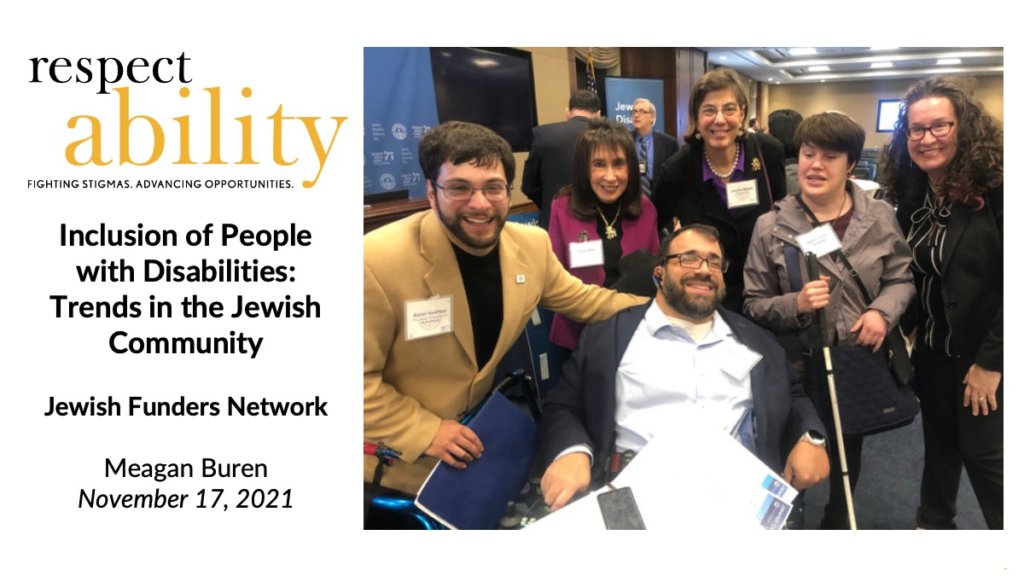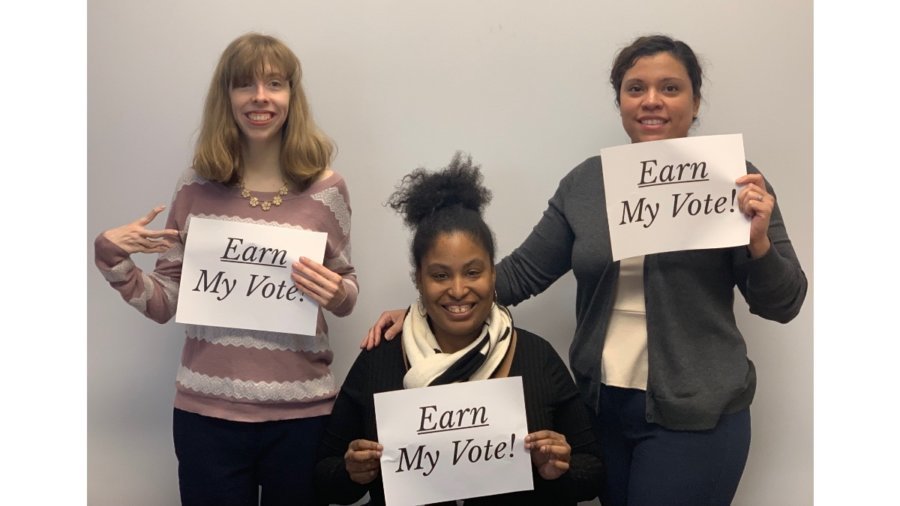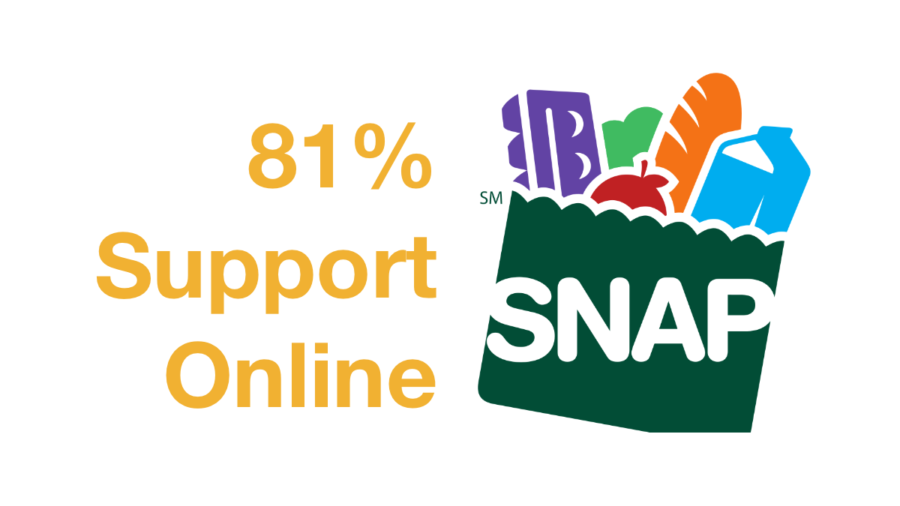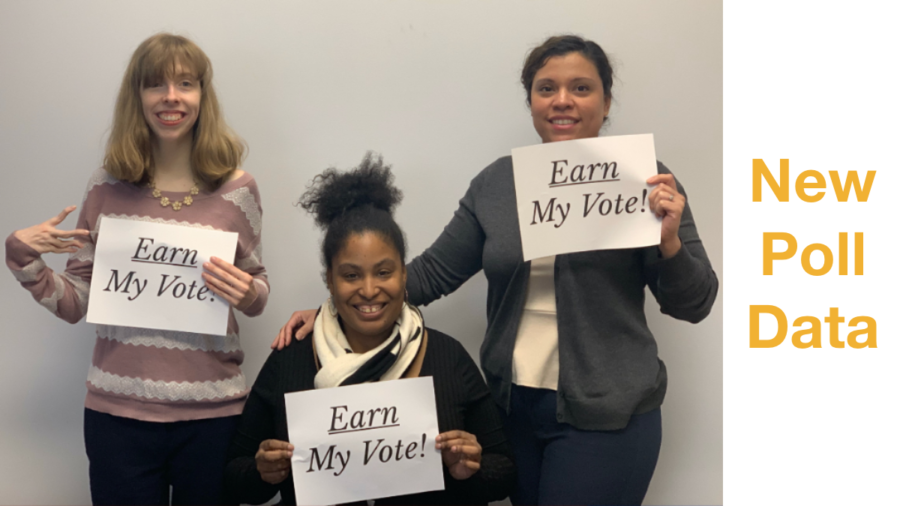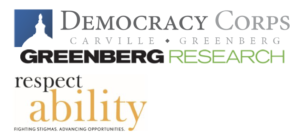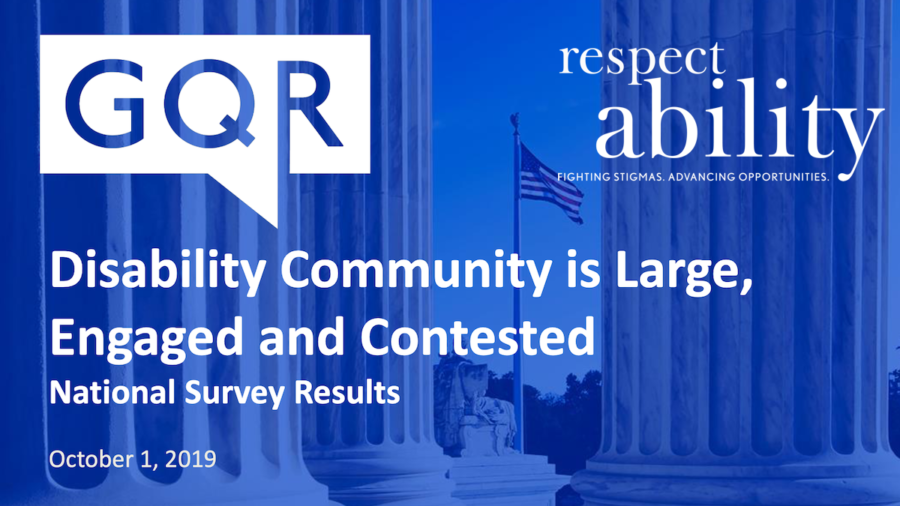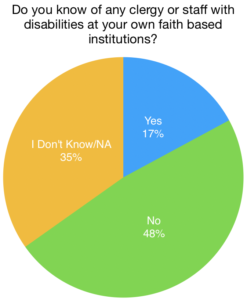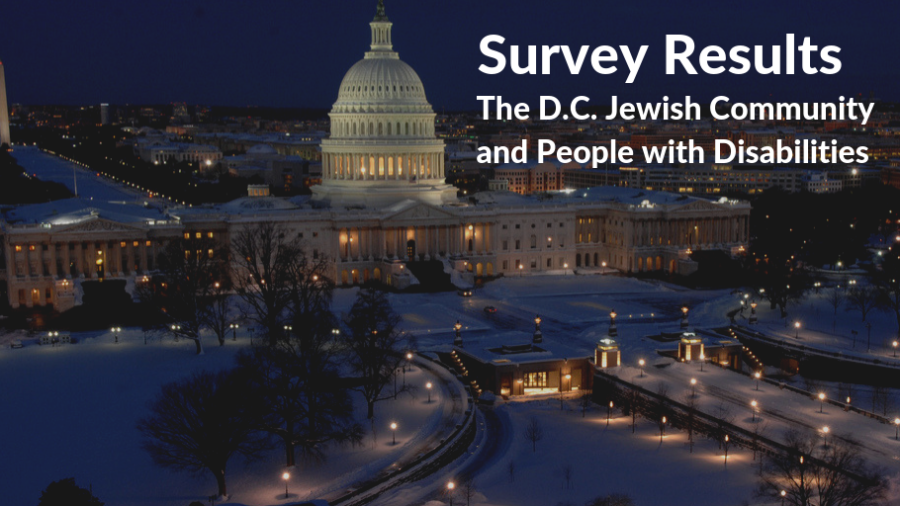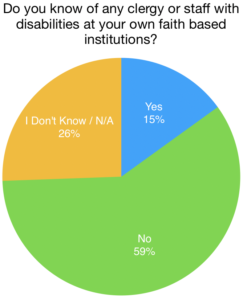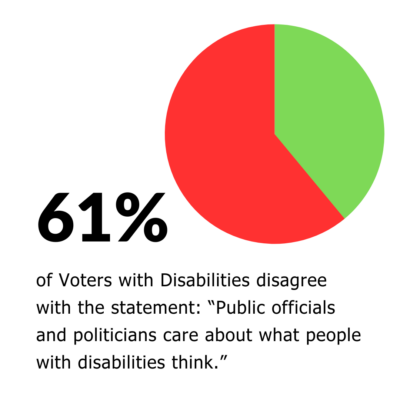 It has long been a source of consternation to members of the disability community that political candidates and elected officials rarely speak publicly about issues specific to disabled voters. In fact, few politicians even address how broader issues that they do speak about impact people with disabilities. After most presidential debates, there is a predictable barrage of social media posts from disabled voters who are disappointed that the candidates never mentioned the word “disability,” let alone addressed some of the issues that impact our daily lives the most.
It has long been a source of consternation to members of the disability community that political candidates and elected officials rarely speak publicly about issues specific to disabled voters. In fact, few politicians even address how broader issues that they do speak about impact people with disabilities. After most presidential debates, there is a predictable barrage of social media posts from disabled voters who are disappointed that the candidates never mentioned the word “disability,” let alone addressed some of the issues that impact our daily lives the most.
It turns out that the disappointment shared by disabled social media users is more widespread than many might have imagined. According to a recent poll by the think tank Data For Progress, “a majority of disabled voters don’t believe politicians care about the disabled community.”
61% of likely voters with disabilities who were polled disagreed with the statement, “Public officials and politicians care about what people with disabilities think.” Interestingly, 50% of the non-disabled voters who were polled agreed with them. This held true across party lines; 58% of all Democrats polled and 52% of all Republicans disagreed with the statement that politicians care about disabled voters. [continue reading…]


